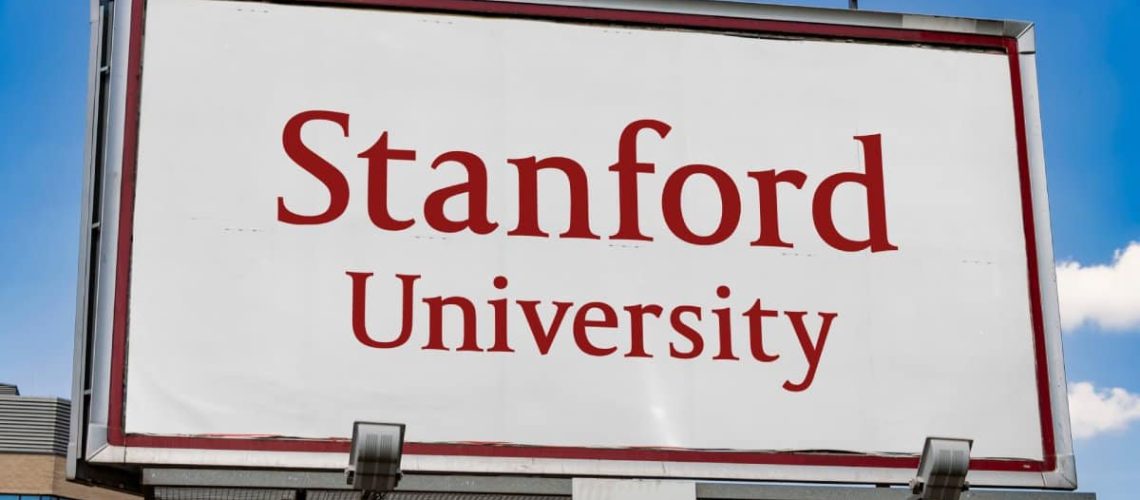In a landmark decision, California has banned legacy and donor preferences in college admissions at private universities across the state. Governor Gavin Newsom signed Assembly Bill 1780 (AB 1780) into law on September 30, 2024, making California the fifth state to take such a step. The new law, which takes effect in September 2025, prohibits private institutions from favoring applicants based on family connections to alumni or donors. This move, lauded by advocates of educational equity, aims to ensure that college admissions are based on merit rather than inherited privilege.
What Are Legacy Admissions?
Legacy admissions refer to the practice where colleges give preferential treatment to applicants whose family members, often parents or grandparents, attended the same institution. This practice has long been seen as a way to foster alumni loyalty and donations, but critics argue that it perpetuates social inequality. Legacy students, who are typically from wealthier families, are often admitted at higher rates than their non-legacy counterparts, even when they have comparable academic qualifications.
Governor Newsom, upon signing AB 1780, remarked, “In California, everyone should be able to get ahead through merit, skill, and hard work. The California Dream shouldn’t be accessible to just a lucky few.”
The Road to the Ban: AB 1780
The push to eliminate legacy preferences gained momentum following the U.S. Supreme Court’s decision in 2023, which limited the use of race in college admissions. This ruling forced many institutions to reconsider their admissions criteria, leading to a broader debate about fairness and equity in higher education. Assemblymember Phil Ting (D-San Francisco), the architect behind AB 1780, introduced the bill with the goal of addressing both wealth and racial inequities in college admissions.
Ting, a long-time critic of legacy admissions, stated, “With the Supreme Court outlawing affirmative action and not allowing any university within the United States to look at race as a factor in admissions, this completely kept open the door that wealth could be a factor in admissions. ”According to Ting, legacy admissions disproportionately benefit affluent, predominantly white applicants, further perpetuating inequality in higher education.
Impact on California’s Private Universities
While California’s public universities, such as the University of California (UC) system and California State University (CSU), have not used legacy preferences for decades, the new law directly impacts private institutions like Stanford University and the University of Southern California (USC). In 2022, USC admitted 14.4% of students based on legacy ties, while Stanford admitted 13.8%, making legacy admissions a significant factor in shaping their incoming classes(
USC, which initially resisted the legislation, has stated that it will comply with the new law. “We continuously evolve our recruitment, admission, and financial aid programs to create a student body that is diverse in all respects, and to comply with the law as it develops in this area,” USC said in a statement following the passage of AB 1780(
Advocates and Critics Respond
Supporters of the bill view the legislation as a crucial step toward fairness in the admissions process. By eliminating legacy preferences, proponents argue that universities will become more accessible to students from underrepresented backgrounds who may not have family ties to prestigious institutions. Student advocacy groups, such as the national organization Class Action, have been vocal in their support for AB 1780. “Admission to California colleges shouldn’t be treated as a family heirloom that’s passed down from parent to child,” said Ryan Cieslikowski, a lead organizer with Class Action(
However, critics of the bill, including some private university administrators, argue that legacy admissions help maintain strong relationships between institutions and their alumni, who often contribute financially to the schools. These critics believe that ending legacy preferences could have unintended financial consequences, reducing alumni donations and support for scholarships and academic programs.
Despite these concerns, the bill passed with significant legislative support, reflecting the growing public sentiment that college admissions should be based on merit rather than wealth or privilege.
Looking Ahead: Ensuring Compliance and Transparency
One of the key components of AB 1780 is its emphasis on transparency. Although the law does not impose financial penalties for non-compliance, it requires private universities to submit annual reports detailing their admissions processes. These reports will include data on legacy admissions and provide demographic information about the incoming class, including race, income, and participation in athletics(
This transparency will give the public and policymakers insight into how effectively the ban is being enforced. “We want to ensure that this process is both fair and open to scrutiny,” Assemblymember Ting remarked, underscoring the importance of continued oversight.
21 Beliefs About the Bible That Are Actually False

The Bible is one of the most discussed and debated books in history, yet many common beliefs about it are more myth than fact. How many of these misconceptions have you heard before? 21 Beliefs About the Bible That Are Actually False
21 Subtle Racisms That Are Commonplace in America

Racism in America isn’t always overt; it often hides in plain sight through subtle actions and attitudes. How many of these subtle racisms have you noticed around you? 21 Subtle Racisms That Are Commonplace in America
Featured Image Credit: Shutterstock /monticello.
This post first appeared on Pulse of Pride.

